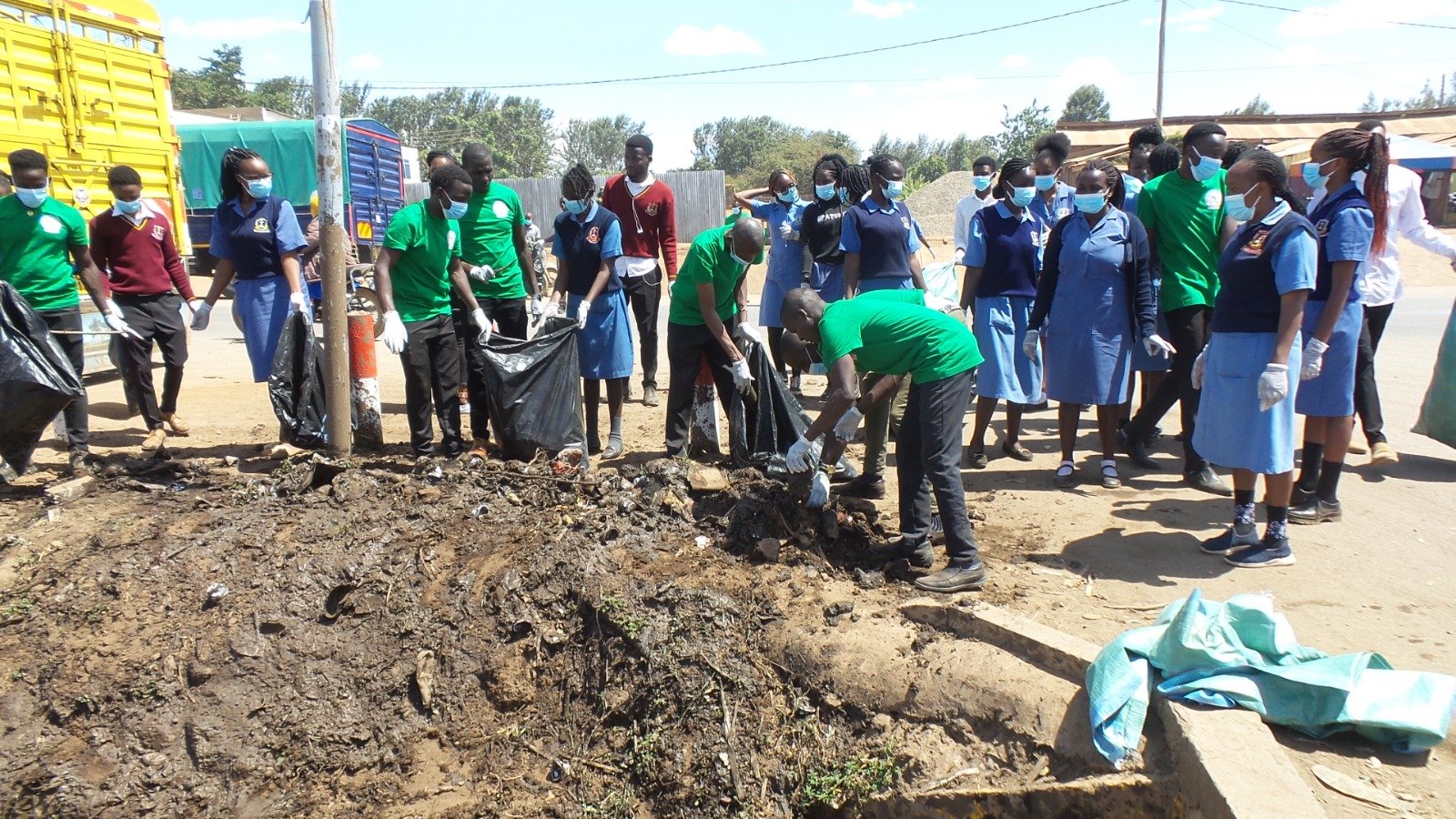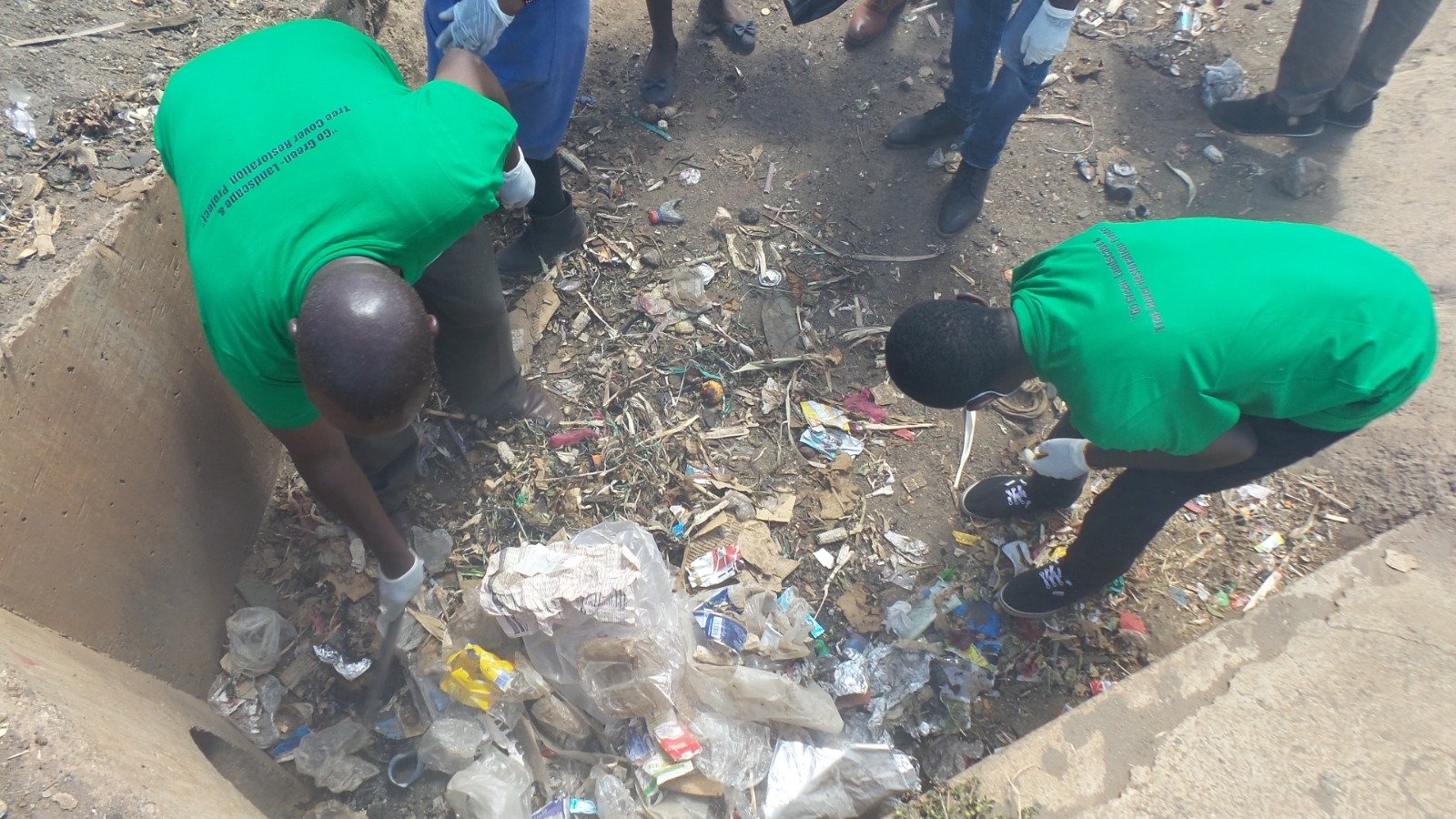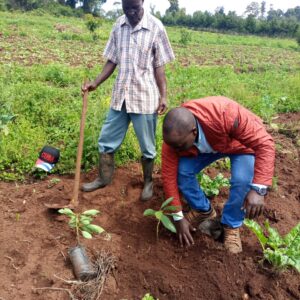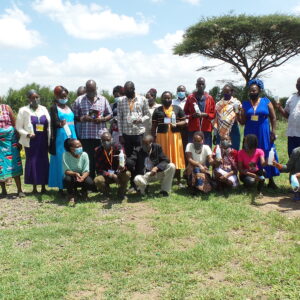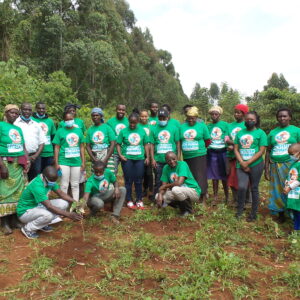4 Weeks Environmental Volunteering in Diani
Description
Make a lasting environmental impact while experiencing the natural beauty of Diani Beach. This 4-
week environmental volunteer program offers you the opportunity to fully immerse yourself in
coastal conservation efforts, developing a deep understanding of local ecosystems and
implementing comprehensive environmental initiatives. You’ll contribute to forest restoration,
marine conservation, wildlife protection, and environmental education while staying in comfortable
accommodation with support from our experienced team. Whether you’re an environmental science
student, conservation enthusiast, or simply passionate about protecting natural ecosystems, this
extended program provides a structured environment to make a significant contribution to
environmental preservation while thoroughly experiencing Kenya’s stunning coastal biodiversity.
Itinerary
Day 1: Arrival – Your conservation journey begins with your arrival in Kenya, where our team will
welcome you at the airport and transfer you to your comfortable accommodation in Diani. After
settling in, you’ll have time to rest and prepare for the exciting month ahead.
Day 2: Orientation – The day serves as your comprehensive orientation, where you’ll receive an
introduction to the local ecosystems, environmental challenges facing the region, and conservation
strategies. You’ll meet fellow volunteers and our local environmental staff who will support you
throughout your stay. The day includes a guided nature walk to familiarize you with the coastal
environment and concludes with a welcome dinner and briefing on the conservation projects you’ll
be involved in.
Days 3-28: Volunteering – During these twenty-six days, you’ll be fully immersed in environmental
conservation activities throughout the Diani region. Your work will encompass several key
conservation areas:
Tree Planting and Forest Restoration: You’ll participate in extensive tree planting initiatives, focusing
on indigenous coastal species that help combat erosion, provide habitat for local wildlife, and
sequester carbon. Over four weeks, you’ll not only plant trees but also maintain existing plantations,
monitor growth of previously planted areas, and learn about forest ecosystem management.
Marine Conservation: Depending on the season, you may assist with coral reef monitoring, beach
clean-ups, turtle conservation efforts, and marine education initiatives. You’ll learn about the
delicate balance of coastal ecosystems and the importance of sustainable marine resource
management.
Environmental Education: You’ll develop and implement comprehensive environmental education
programs in local schools and communities. Over the course of a month, you can create a full
environmental curriculum, organize eco-clubs, and conduct workshops on sustainable practices.
Wildlife Conservation: You might assist with monitoring local wildlife, habitat restoration, and
conservation awareness. The extended timeframe allows you to observe seasonal wildlife patterns
and contribute to ongoing biodiversity surveys.
Each weekday typically begins with practical conservation work in the morning, followed by project
planning, data collection, or educational activities in the afternoon. As you progress through the first
two weeks, you’ll develop specialized skills in particular conservation areas, allowing you to take on
more responsibility.
By your third and fourth weeks, you’ll have gained sufficient expertise to potentially lead certain
conservation initiatives, mentor newer volunteers, and implement your own environmental projects
based on your observations and the community’s needs. The extended timeframe allows you to
witness real ecological progress and implement substantial projects that wouldn’t be possible in
shorter programs.
Weekends offer a more relaxed schedule, giving you ample free time to explore Diani and the
surrounding natural areas. With four weekends at your disposal, you can visit nearby marine
reserves, explore coastal forests, participate in wildlife safaris, or simply enjoy the pristine beaches.
You might choose to snorkel or dive in the coral reefs, take boat trips to observe marine life, hike in
protected forest areas, or join optional eco-adventures.
Throughout your month-long volunteer experience, you’ll witness the significant impact of sustained
environmental conservation efforts and develop a deep understanding of tropical coastal
ecosystems. The longer duration allows for comprehensive ecological monitoring and a more
authentic connection to the natural environment.
Day 29: Farewell Day – This special day marks your farewell ceremony where you’ll receive
recognition for your month-long contributions to environmental conservation and a comprehensive
certificate of completion. You’ll have the opportunity to visit key conservation sites you’ve worked
on, observe the progress made, and say goodbye to the team members you’ve worked with. The day
typically includes a celebration with a tree planting ceremony, sharing of experiences, and perhaps a
final beach clean-up or conservation activity to commemorate your time in Diani.
Day 30: Departure – On your final day, we’ll arrange your transfer back to the airport for your
departure, concluding what we hope will be a transformative experience combining environmental
conservation with immersion in Kenya’s natural beauty. You’ll leave with enhanced ecological
knowledge, practical conservation skills, and the satisfaction of having made a significant positive
difference to Diani’s environment.
Inclusive & Exclusives
Included:
Meet and Greet Services with airport assistance
Arrival and departure airport transfers with assistance
Comprehensive environmental conservation orientation
Transport to the homestay/volunteer house and conservation sites
Accommodations for the duration of your stay
Daily breakfast and dinner
Local support staff available 24/7
Conservation tools and educational materials
Specialized environmental training
Volunteering Certificate
Mid-program conservation review and support session
Guided nature walks and ecological surveys
Excluded:
International Airfares
Entry Visa to Kenya or any other country
Travel Insurance Cover, Personal or Baggage (Recommended)
International airport(s) departures taxes (if not included in your ticket)
Expenses of personal nature such as phone calls, internet, laundry etc.
Lunch meals
Weekend excursions and activities
Personal conservation equipment beyond what’s provided
Optional wildlife safaris or diving excursions
Specialized clothing for fieldwork (recommended packing list provided)
Summary
Our 4-week environmental volunteer program in Diani offers an immersive conservation experience
that allows for deeper ecological impact than shorter programs. As a volunteer, you’ll contribute to
forest restoration, marine conservation, wildlife protection, and environmental education,
developing specialized skills over your extended stay. The four-week timeframe enables you to
witness real environmental changes, implement more substantial conservation initiatives, and gain a
comprehensive understanding of tropical coastal ecosystems. During your free time, explore Diani’s
diverse natural environments, connect with fellow eco-volunteers, and experience the biodiversity
of Kenya’s coast. This program provides comprehensive support from arrival to departure, ensuring
a safe, rewarding, and transformative environmental volunteer experience.
FAQs
1. Do I need environmental science qualifications to join this program?
No formal qualifications are required, though a background in environmental studies,
biology, ecology, or related fields is beneficial. We provide comprehensive training for all
conservation activities.
2. How physically demanding is the environmental work?
Conservation activities involve moderate physical exertion in sometimes hot conditions. You
should be comfortable walking distances, bending, lifting light loads, and working outdoors.
The program can accommodate different physical abilities with varied tasks.
3. What environmental impact can I expect to make in 4 weeks?
In four weeks, you might plant 100-200 trees, conduct 15-20 environmental education
sessions, participate in multiple beach clean-ups removing hundreds of pounds of waste,
and contribute to ongoing ecological surveys. The extended timeframe allows for meaningful
contribution to long-term conservation goals.
4. How does the 4-week environmental program differ from shorter options?
The 4-week program allows for more comprehensive ecological training, participation in full
conservation project cycles, observation of environmental changes, and the implementation
of your own conservation initiatives. You’ll gain deeper ecological knowledge and more
specialized conservation skills.
5. What wildlife might I encounter during the program?
Diani’s diverse ecosystems support various wildlife including colobus monkeys, numerous
bird species, reptiles, and marine life such as dolphins, turtles, and colorful reef fish. The
month-long stay increases your chances of diverse wildlife observations.
6. What specific conservation skills will I develop during the program?
Depending on your focus areas, you may develop skills in tree nursery management,
reforestation techniques, ecological surveying, marine conservation methods,
environmental education delivery, wildlife monitoring, and sustainable resource
management.
7. Is there a particular season that’s best for environmental volunteering in Diani?
While conservation work continues year-round, the rainy seasons (April-June and October-
November) are ideal for tree planting, while the drier months offer better conditions for
marine activities. A four-week stay allows you to experience changing conditions.
8. Can I split my time between different conservation projects?
Yes, the longer duration allows you to rotate between different environmental initiatives
based on your interests and conservation priorities. You might spend time on forest
restoration, marine conservation, and environmental education throughout your stay.
9. What should I pack for a month of environmental fieldwork?
Lightweight, breathable clothing that covers arms and legs, sturdy closed-toe shoes, rain
gear, hat, sunscreen, insect repellent, water bottle, daypack, work gloves, and a reusable
water bottle. Consider bringing binoculars, a field notebook, and a camera for wildlife
observation.
10. Will I receive specialized environmental conservation training?
Yes, throughout the four weeks, you’ll receive training in various conservation techniques,
species identification, ecological monitoring methods, sustainable practices, and
environmental education strategies. This comprehensive training enhances both your contribution and your personal development.


